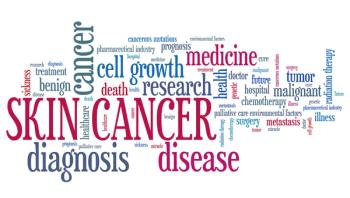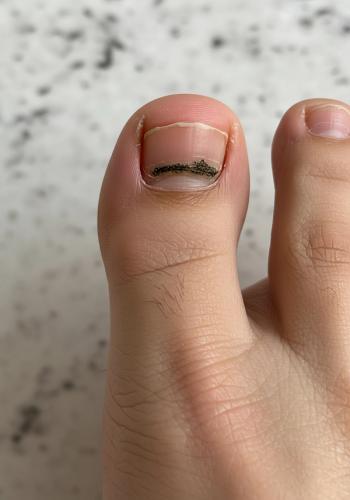
Q&A with The Skin Cancer Foundation’s New Executive Director Becky Kamowitz
Becky Kamowitz was appointed executive director of The Skin Cancer Foundation in January 2025. She talks about the organization’s priorities for the coming year.
The Skin Cancer Foundation (
In January 2025, the Foundation
The following interview has been lightly edited for clarity and length.
Q: What are the Foundation’s core mission and activities?
A: From the beginning, the Foundation has focused on awareness and education, helping the public understand the importance of daily sun protection, the importance of early detection and receiving prompt effective treatment. Our approach includes awareness campaigns, media outreach and community programs such as free skin cancer screenings. Nearly 11 million people visit our website annually, making us a leading resource for skin cancer information. We serve both people who might not be thinking about sun protection and those who need reliable information after they come out of the dermatologist’s office and have a skin cancer diagnosis.
Q: How is the Foundation addressing the recent increase in tanning among young people?
A: A huge part of what we do is combating misinformation and those myths that seem to permeate on social media. And it’s only becoming more important. We’ve watched in the last few years as interest in tanning has increased once again, particularly among young people, and it’s very alarming. One of the things that we’re trying to do more of is get more peers on social media so young people who are former tanners who are now dealing with skin cancer diagnosis and giving them a place to share their story. They can provide a cautionary tale of what can happen if you use these incredibly dangerous UV emitting devices.
Q: What are the Foundation’s main priorities for 2025?
A: Our big focus right now is fundraising for a new RV for our
Another focus is our campaigns. A lot of our campaigns are general skin cancer awareness, but we’re also trying to target specific at-risk audiences, including people of color. We know that there’s an awareness gap there that we’ve become more familiar with over the years, and we are looking at our messaging strategy and content and making sure that our messaging feels appropriate for people who are at higher risk of the disease. This year we’re also going to be working on a campaign to reach outdoor workers, because we know that if you work outdoors all day, that increases your risk of skin cancer quite a bit.
Q: How does the Foundation work with healthcare providers?
A: We work very closely with dermatologists all over the country, and maintain a physician membership program, with annual dues, that provides benefits in-kind. They serve as our spokespersons for media interviews, they review our content, making sure that everything we put out there is medically reviewed and up to date. They volunteer for our Destination Healthy Skin program. And we also provide materials to help them to use in educating their patients.
We see ourselves as a partner to dermatologists who are treating skin cancer patients.
And we understand how busy they are and how hard they work to educate their own patients and make sure their patients feel supported. But we also understand that there’s only so much you can do when you’re seeing dozens and dozens of patients every day. We really want to be there be as a resource for dermatologists, as well when it comes to educating for patients and providing materials to help them do so.
Newsletter
Get the latest industry news, event updates, and more from Managed healthcare Executive.

























